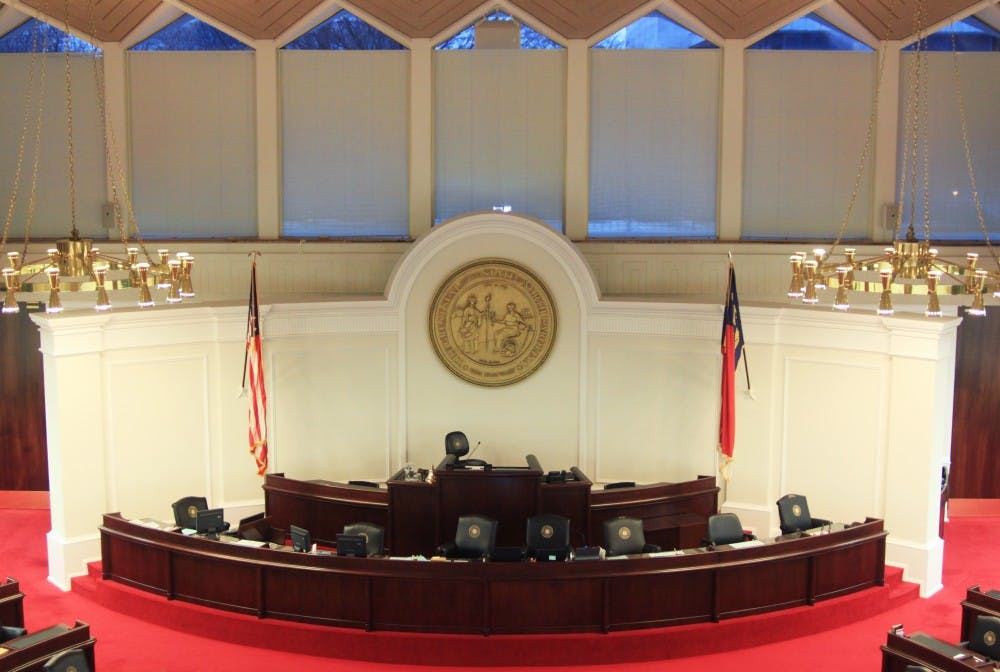North Carolina lawmakers began redrawing the state’s legislative maps Monday, following last week’s Wake County Superior Court ruling that deemed them unconstitutional for partisan gerrymandering.
With less than a week until their Sept. 18 deadline, lawmakers redrawing the lines were also ordered to follow strict nonpartisan criteria and maintain transparency throughout the process.
Bryan Warner, director of communications for Common Cause North Carolina, said the level of transparency in this process is something that has not been seen before.
“In past redistricting scenarios, what you really have is the maps are drawn behind closed doors, and no one really sees them until they’re done and presented,” said Warner. “It all has to be done in public view, so it really gives an exciting opportunity for the people of the state to have this front-row view.”
In November 2018, Common Cause, a nonpartisan, pro-democracy grassroots organization, sued N.C. Rep. David Lewis, R-Harnett, who produced the maps.
Warner said this case challenged partisan gerrymandering of state legislative districts in violation of the North Carolina constitution.
The trial was held in July. On Tuesday, Sept. 3, a three-judge panel of the Wake County Superior Court ruled state legislative maps unconstitutional. According to the ruling, the court found that the legislative maps established in 2017 were created with partisan intent to maintain Republican jurisdiction.
The court ruling prohibits lawmakers from using partisan data in the redistricting process.
Mitch Kokai, senior political analyst for the John Locke Foundation, a conservative think tank, said House districts in 28 counties and Senate districts in 21 counties are affected by the ruling.



